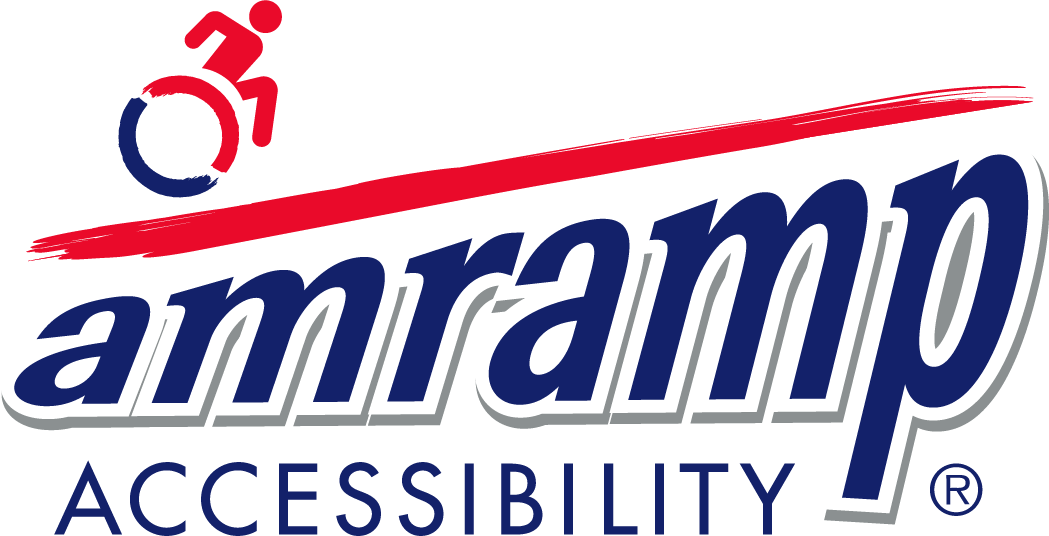Entrepreneur Magazine
How I Grew My Wheelchair Ramp Company Into a Franchise
NOVEMBER 12, 2014
This story first appeared in the November 2014 issue of Entrepreneur. To receive the magazine, click here to subscribe.
After 20 years of running a metal fabrication shop in Boston, Julian Gordon was becoming disheartened with the boom-or-bust cycle of the construction business.
“My business was all construction-based, and we sold to contractors. So I had this shop full of guys who make things,” he explains. “But construction is very cyclical. Sometimes I couldn’t hire enough guys, there were so many orders. Other times the phone didn’t ring.”
Looking for something better to do with his life, Gordon decided to apply his metalworking know-how to accessibility products; namely, wheelchair ramps for the elderly and disabled. In 1998, he designed and patented an all-steel modular ramp system and eventually got it into more than 200 U.S. medical supply stores.
But soon he found that business to be as frustrating as construction had been. “For two years I was stupid and tried to distribute through retailers,” he says. “It was very ineffective. They wouldn’t focus on my product, and they don’t have warehouses. No one coming out of the hospital wants to wait a week while I ship a ramp across the country.”
So Gordon turned to franchising. In 2002 he sold the first Amramp franchise; the company now has 50 units across the U.S. and one in Canada.
Franchisees keep the wheelchair ramps in small warehouses, available to be installed as soon as a patient leaves the hospital. Additionally, the company has expanded to include other accessibility products, such as stair lifts and portable showers.
We talked to Gordon to find out how he welded together his unique franchise concept.
Is the market for wheelchair ramps big enough to support a franchise system?
Yes. By 2023 there will be 70 million Americans on Medicare. You know, insurance and the medical system don’t want you in the hospital anymore. They want you out the day before you get there. If they can get you home with a lower-cost health-based program, they’re going to do it. So all the insurance companies are looking at low-cost ramps to facilitate people being taken care of in their homes.
What types of franchisees are you looking for?
Most of our franchisees—about 70 percent of them—subcontract out ramp and equipment installation. Usually they work out of their home and rent a small warehouse to store the ramps.
What we need in a franchisee is someone with empathy. You can’t fake that. They need to be able to relate to their customers, to people who have elderly parents living in their house or that they’re taking care of. About one-third of our franchisees have a medical background. One guy was even a medevac pilot.
When I interview people, unless on that first or second interview they say something about doing something
valuable for other people’s lives, I don’t go any further with them.
Are you still trying to sell franchises?
Yes, but there are only a certain number of areas in the U.S. that have 1 million people within a two-hour drive—that’s the minimum population we need to support a franchise. We still have 20 remaining markets, like Indianapolis, San Francisco and Detroit. But we’re just waiting for the right people.
It took me five years to find the right person in Miami. I wanted someone whose first language was not English, and who fit our franchisee profile. Out of 100 franchisee candidates, you disregard 80 right away. Then there are 20 you can have serious discussions with. Out of that 20, we may end up with one candidate. So we’re taking our time to find the right people.
Are there other uses for your equipment?
Oh, yeah. One of the biggest parts of our business is ramp rentals. Christopher Reeve used to rent from us so he could get up onstage for speeches. Graduation season is our biggest time, because schools rent two ramps so their students in wheelchairs can come up one side and go down the other side of the stage like everyone else.
We do a lot of commercial business, too. We’ve done ramps for the White House Christmas tree, Fenway Park, Harvard and Brown universities, the Japanese embassy, lots of places. Every hotel now needs to have a way for people with disabilities to access newly constructed pools, such as with chair lifts, because of the Americans with Disabilities Act—we’ve been selling those by the truckload.
Are you happy with your new line of work?
I love what we’re doing. It’s a fantastic thing that has evolved here. We could have made money doing other things, but the dynamic of the people, the sincere appreciation of what we do, is the reason we’re succeeding. Most franchises have a turnover rate of about 10 percent each year. We’ve only turned over 10 franchises in 10 years. Many people eventually bring their children into the business, they love it so much.

